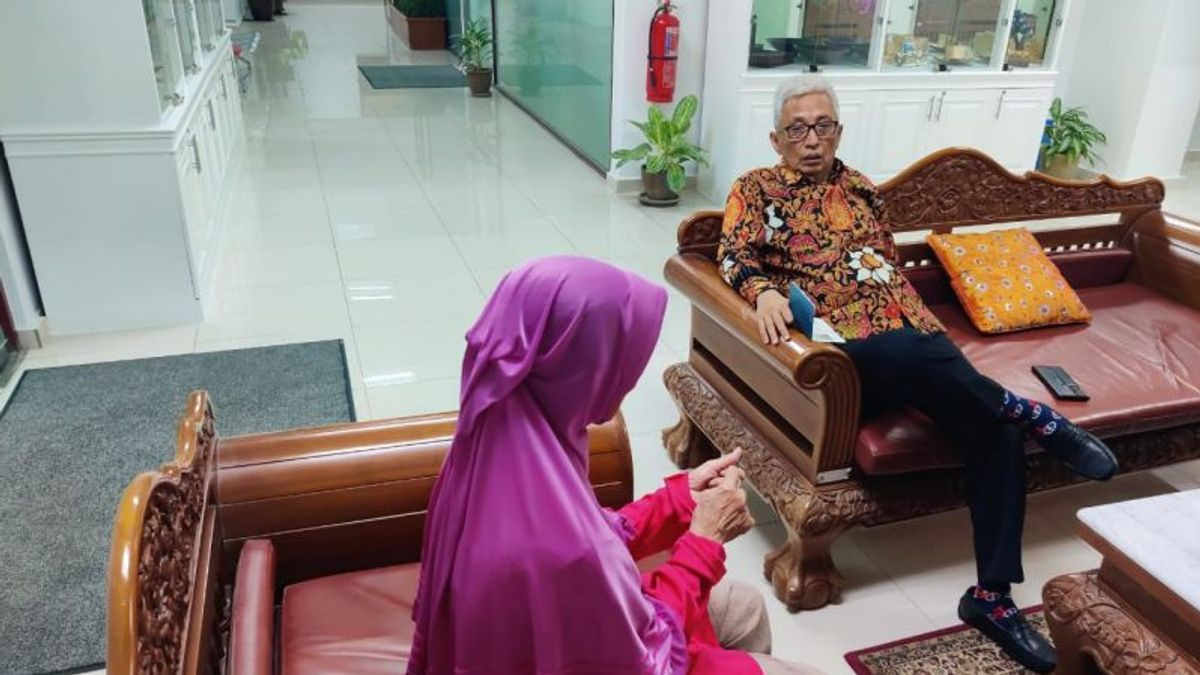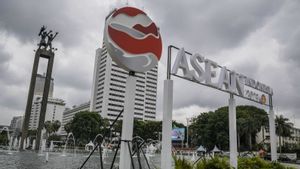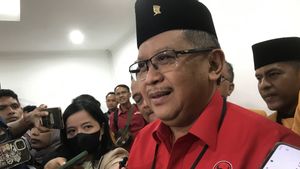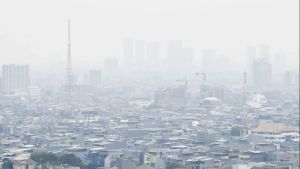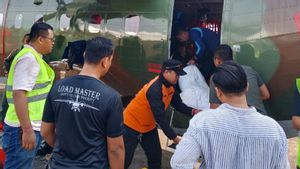JAKARTA - A household assistant (ART) from Banjarnegara, Central Java, was tortured and unpaid for five years by his employer, a former politician with the title Dato.
The Ambassador of the Republic of Indonesia to Malaysia Hermono said that cases of physical violence and unpaid were again experienced by ART Indonesia, which this time was experienced by Nunik (not his real name) while working for his employer, who as far as he knew was a former politician with the title Dato from one of the current ruling political parties.
Nunik, he said, revealed to him that the employer had nine cars and three-story luxury houses. However, during his five years of working there, the ART from Central Java admitted that he did not receive a salary.
Apart from not being paid, Nunik often receives physical torture from her employer to cause injuries and defects in some parts of her body, and has never received proper medical treatment, Hermono said.
He said Nunik looked shaking and in tears when he explained a number of physical violence incidents he had experienced over the past five years.
These include the incident when the employer pours with hot water that leaves serious scars on some parts of her body, beatings on her fingers, and other physical violence that the employer often does not only, but includes the employer's driver, Hermono said.
In addition, according to him, Nunik admitted that the physical violence received was an unclear reason.
Because she couldn't stand it, Nunik admitted that she had tried to run away from her employer's house in the second year of work. However, this effort failed because the employer managed to find the ART from Central Java.
In the end, Nunik was again physically punished and again forced to work by his employer. The woman from Banjarnegara was only allowed to communicate with her family in Indonesia only in the first year she worked in Malaysia.
"I can no longer accept the torture of the employer, so I tried to run away and wanted to return to Indonesia," Hermono said, following Nunik's words.
In the end Nunik managed to escape from the employer's house with the help of local residents who lived not far from the employer's house.
The Embassy of the Republic of Indonesia (KBRI) Kuala Lumpur, according to Hermono, received Nunik with a face full of bruises from being hit and bleeding his head due to being hit with a cell phone by his employer.
SEE ALSO:
Indonesian Embassy Protection
Hermono said the Indonesian Embassy in Kuala Lumpur provided protection efforts for the household assistant from Banjarnegara, starting from the healing process for his injuries to the stages of the criminal lawsuit process for violence and work without being paid.
The Indonesian Embassy, according to him, has also succeeded in contacting the family in Banjarnegara who had lost contact with Nunik.
"Based on this fact, this shows that most cases of exploitation of PMI (Indonesian migrant workers) are carried out by financially established employers, and by intentionally committing violations of rights and intentionally degrading the dignity of Indonesian household workers," said Hermono.
According to local police information, the suspects will be charged with criminal articles for severe torture.
He said he had conveyed to the investigating officers the case so that the perpetrators would receive a fair sentence in accordance with the Malaysian Criminal Law in order to provide a deterrent effect to employers who commit acts of violence against Indonesian ARTARS.
Indonesia and Malaysia have signed a Memorandum of Understanding (MoU) for the Protection of Domestic Workers on April 1, 2022. However, PMI rights violations are still happening.
The most cases are unpaid salaries, communication bans, passport detentions, including physical violence as experienced by Nunik. Almost all problematic PMI cases are those who work in the household sector and do not have work visas.
The English, Chinese, Japanese, Arabic, and French versions are automatically generated by the AI. So there may still be inaccuracies in translating, please always see Indonesian as our main language. (system supported by DigitalSiber.id)
